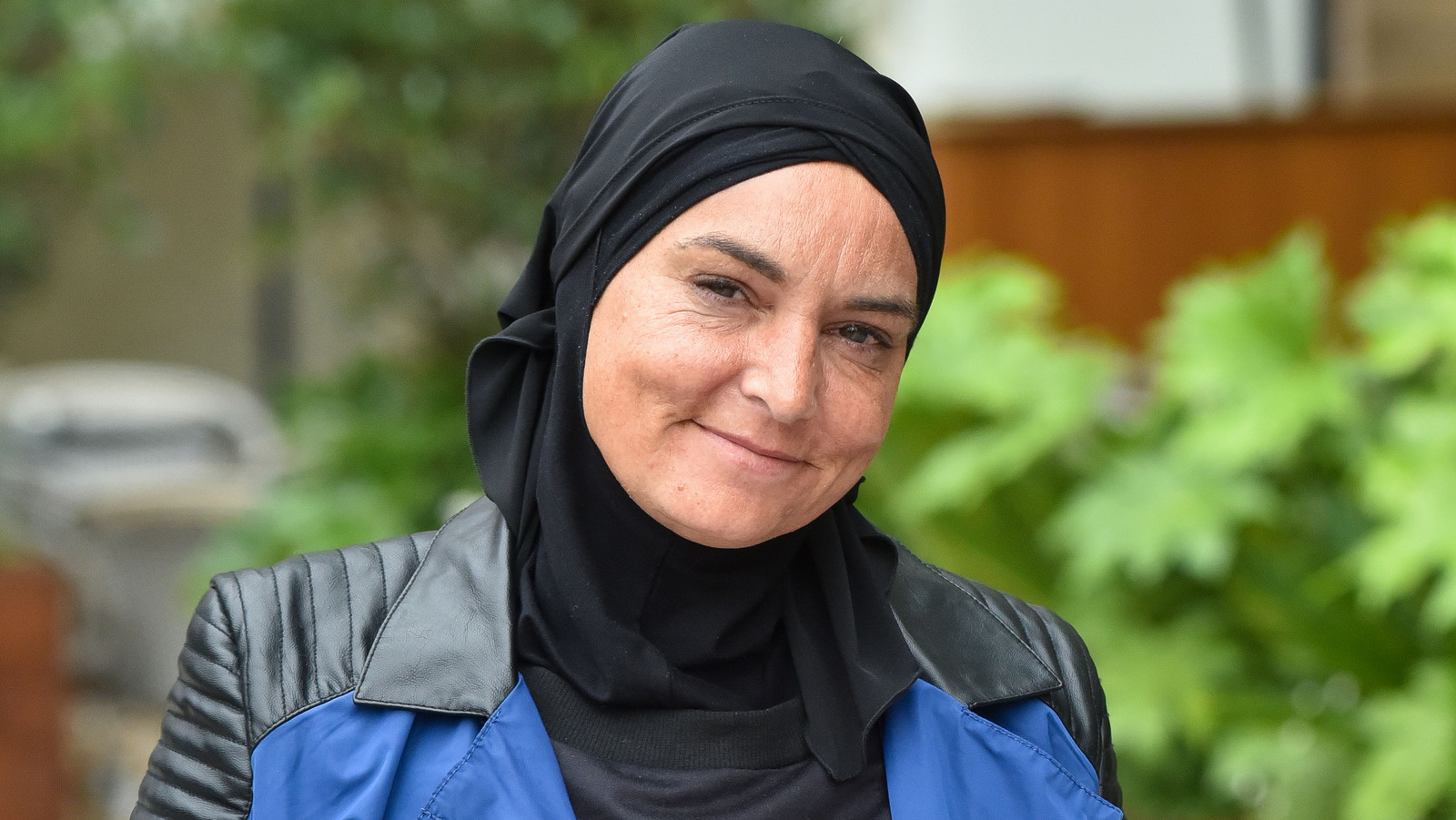
Like many of her songs, Sinéad O’Connor’s track “Mandinka” captured her passion for human rights. The Mandinka are a West African tribe with a history of unjust treatment. Starting in the 16th century, thousands of people were captured and forced into enslavement in the Americas, per The History Channel.
In 1988, O’Connor told “The Tech” (via Genius), “They’re mentioned in a book called ‘Roots’ by Alex Haley, which is what the song is about. In order to understand it you must read the book.” The novel, which was released in 1976, shed light on the conditions suffered by the Mandinka. Haley based the journey of the character Kunta Kinte on his ancestor, who was captured in the Gambia and enslaved in the United States.
Read Related Also: Fyre restaurant vegan ban feud boils over as John Mountain takes swipe at Tash Peterson
In her memoir “Rememberings” (via Genius), O’Connor further revealed that she took inspiration from the book’s television series. She explained, “I was a young girl when I saw it, and it moved something so deeply in me … I came to emotionally identify with the civil rights movement and slavery, especially given the theocracy I lived in and the oppression in my own home.” As depicted through the lyrics, Mandinka is a tribute to the tribe’s hardships yet resilience. She evokes compassion for their experiences, singing, “Soon I can give you my heart / I swear I do / Soon I can give you my heart / I do / Mandinka.”






